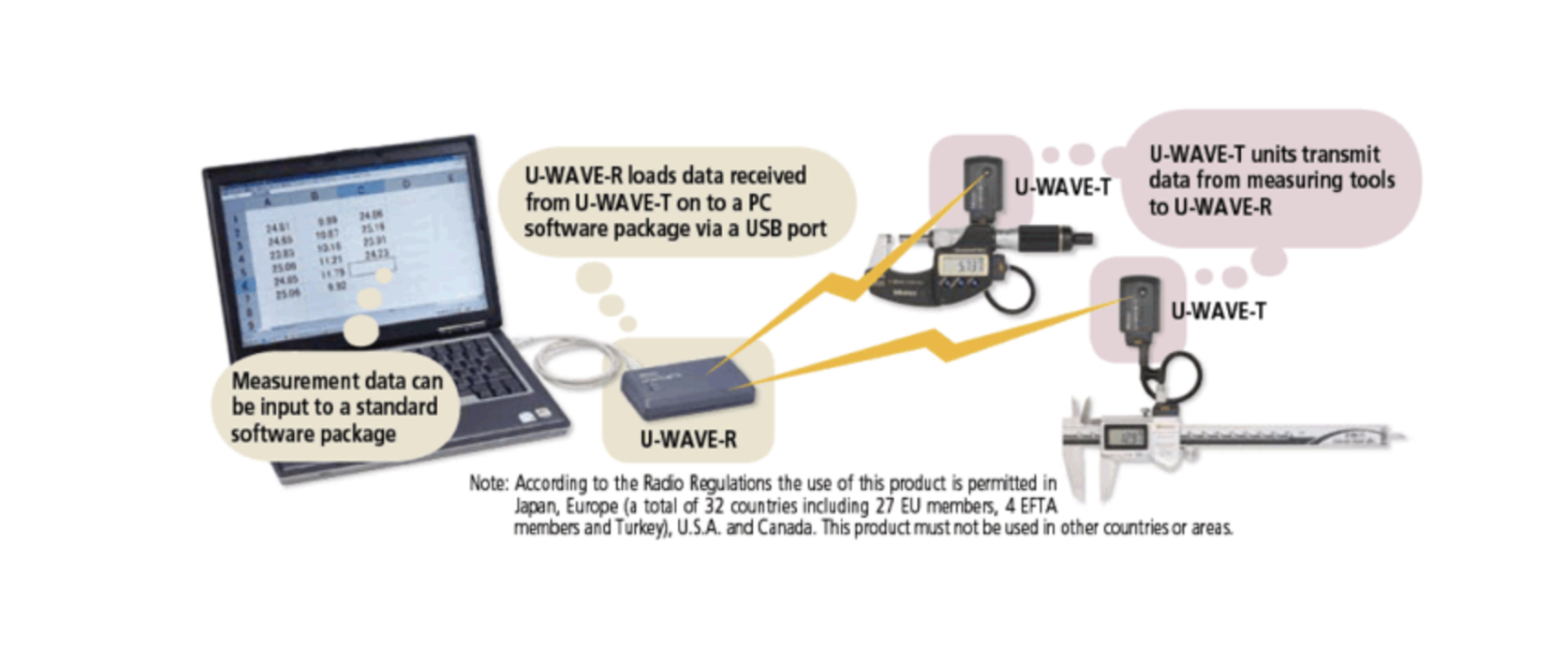Recycle Factory Tools: A Smarter Way to Track Scrap Operations
In the recycling and scrap business, margins are often tight and operational complexity is high. You’re juggling pickup schedules, variable prices, different scrap types, transport costs, and invoicing — and you need to keep it all organized. That’s where Recycle Factory Tools (via sesth.co/rec_tool/) comes into play: a simple, browser-based tool to track scrap pickups, costs, sales, and profit — all in one place.
What Is Recycle Factory Tools?
Recycle Factory Tools is a lightweight, web-based “scrap recycling manager” that helps individuals or small businesses record and manage scrap collection and sales. It’s designed to be easy to use, with no need for complex setup or server infrastructure — everything is stored locally in your browser (via localStorage). (sesth.co)
Key features include:
- Add entries of scrap pickups (date, scrap type, quantity, cost per unit, sale per unit, location/customer, notes) (sesth.co)
- Support for multiple units (kg, lb, ton, pcs) (sesth.co)
- Track total cost, total sales, and total profits per entry and aggregated (sesth.co)
- Option to associate vehicles or drivers with entries (for tracking transport or assignment) (sesth.co)
- Filter entries by scrap type or date range (sesth.co)
- Export data to CSV for further analysis or recordkeeping (sesth.co)
- Multilingual interface: English, ไทย (Thai), 日本語 (Japanese) (sesth.co)
- Currency options: THB (฿), USD ($), JPY (¥) (sesth.co)
Because all data lives in your browser, there’s no server-side database or login; it’s ideal for users who prefer simplicity and lower overhead. (sesth.co)
Why It Helps Scrap / Recycling Businesses
Let’s walk through how this tool can solve real pain points:
1. Centralized Recording
Often, scrap collection data is scribbled on paper, stored in spreadsheets, or fragmented across messaging apps. Recycle Factory Tools gives you a single place to record all pickup events, costs, and sales — so nothing gets lost.
2. Instant Profit Insights
Because you input both cost per unit and sale per unit, the tool computes profit automatically. You can see at a glance how each batch is doing, and also see aggregated totals. This helps you identify low-margin scrap types or routes.
3. Flexible Units & Scrap Types
Different scrap materials have different measurement units (kg, ton, pieces). This flexibility ensures you’re not shoehorning your data into a one-size-fits-all format.
4. Export & Report
The CSV export lets you take your data to spreadsheets, accounting software, or management reports. Need to share with a partner, auditor, or accountant? Just export and send.
5. No Hosting / Zero Setup
Because it uses localStorage, you don’t need to configure servers, databases, or worry about hosting fees. Open it in a browser, and you’re ready to go. This also means lower technical risk and lower cost of entry.
6. Multi-language & Currency Support
If you operate in multiple countries or with multilingual teams, the ability to switch language and currency is a big plus.
Potential Limitations & Considerations
No tool is perfect. Here are a few caveats or things to watch out for:
- Data is stored locally in your browser — that means if you clear browser data, switch devices, or move to another browser, your data may not come along. Make regular backups by exporting CSV.
- No real “multi-user” or cloud sync — this tool is ideal for solo operators or small teams where one person uses the browser. It doesn’t have built-in team account features or real-time collaboration.
- Security & Backup — because everything is stored locally, there’s no server security model or recovery in case of device failure.
- Scalability — for large operations with many vehicles, locations, staff, or high-frequency data, you may eventually outgrow this tool and need a more robust system.
- No integrated accounting / invoicing — this is a data-tracking tool; it doesn’t generate invoices, integrate with bank feeds, or manage payables/receivables.
How to Get Started & Best Practices
- Open the tool in your browser (Chrome, Firefox, etc.)
- Set your preferred currency and language (Thai, English, Japanese)
- Start entering past pick-ups with as much detail as possible (date, scrap type, qty, cost, sale, location)
- Use the vehicle / driver field if you need to track which truck or person was involved
- Export regularly, e.g. weekly or monthly, as a backup
- Review metrics regularly to see which routes or scrap types are low profit and may need optimization
- Clear old data cautiously (there is a “Clear All” option) — but always back up first. (sesth.co)
Use Case Examples
- Small local recycler in Thailand: track daily pickups in THB, see which customer or location offers best margin
- Mobile scrap collection service: use vehicle/driver fields to allocate cost per route
- Multi-country operator (e.g. Thailand + Japan): switch between THB and JPY when tracking in different locales
- Freelance scrap agent / broker: use the tool to record deals and profits without needing complex accounting software
Conclusion
Recycle Factory Tools is a neat, no-fuss solution for small to mid-scale recycling / scrap operations. It bridges the gap between manual ledger or spreadsheet tracking, and full-blown enterprise software. While it lacks features like cloud sync, multi-user access, or integrated invoicing, it hits a sweet spot for simplicity, low cost, and essential functionality.
If you run or know someone in the scrap business, this tool is absolutely worth giving a spin — especially for smaller operations looking to get organized without heavy expenses. And if your needs grow, you can always migrate your CSV history into more advanced systems down the line.
Get in Touch with us
Related Posts
- NSM vs AV vs IPS vs IDS vs EDR:你的企业安全体系还缺少什么?
- NSM vs AV vs IPS vs IDS vs EDR: What Your Security Architecture Is Probably Missing
- AI驱动的 Network Security Monitoring(NSM)
- AI-Powered Network Security Monitoring (NSM)
- 使用开源 + AI 构建企业级系统
- How to Build an Enterprise System Using Open-Source + AI
- AI会在2026年取代软件开发公司吗?企业管理层必须知道的真相
- Will AI Replace Software Development Agencies in 2026? The Brutal Truth for Enterprise Leaders
- 使用开源 + AI 构建企业级系统(2026 实战指南)
- How to Build an Enterprise System Using Open-Source + AI (2026 Practical Guide)
- AI赋能的软件开发 —— 为业务而生,而不仅仅是写代码
- AI-Powered Software Development — Built for Business, Not Just Code
- Agentic Commerce:自主化采购系统的未来(2026 年完整指南)
- Agentic Commerce: The Future of Autonomous Buying Systems (Complete 2026 Guide)
- 如何在现代 SOC 中构建 Automated Decision Logic(基于 Shuffle + SOC Integrator)
- How to Build Automated Decision Logic in a Modern SOC (Using Shuffle + SOC Integrator)
- 为什么我们选择设计 SOC Integrator,而不是直接进行 Tool-to-Tool 集成
- Why We Designed a SOC Integrator Instead of Direct Tool-to-Tool Connections
- 基于 OCPP 1.6 的 EV 充电平台构建 面向仪表盘、API 与真实充电桩的实战演示指南
- Building an OCPP 1.6 Charging Platform A Practical Demo Guide for API, Dashboard, and Real EV Stations














